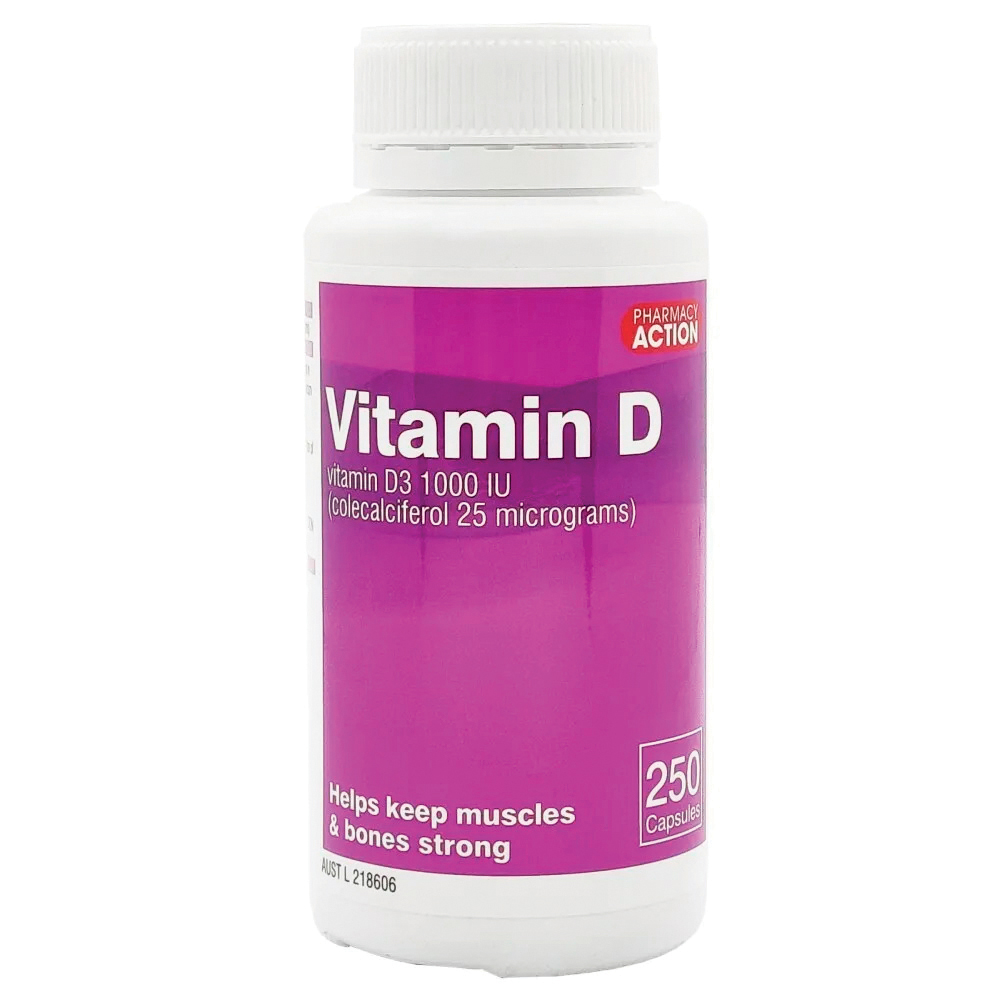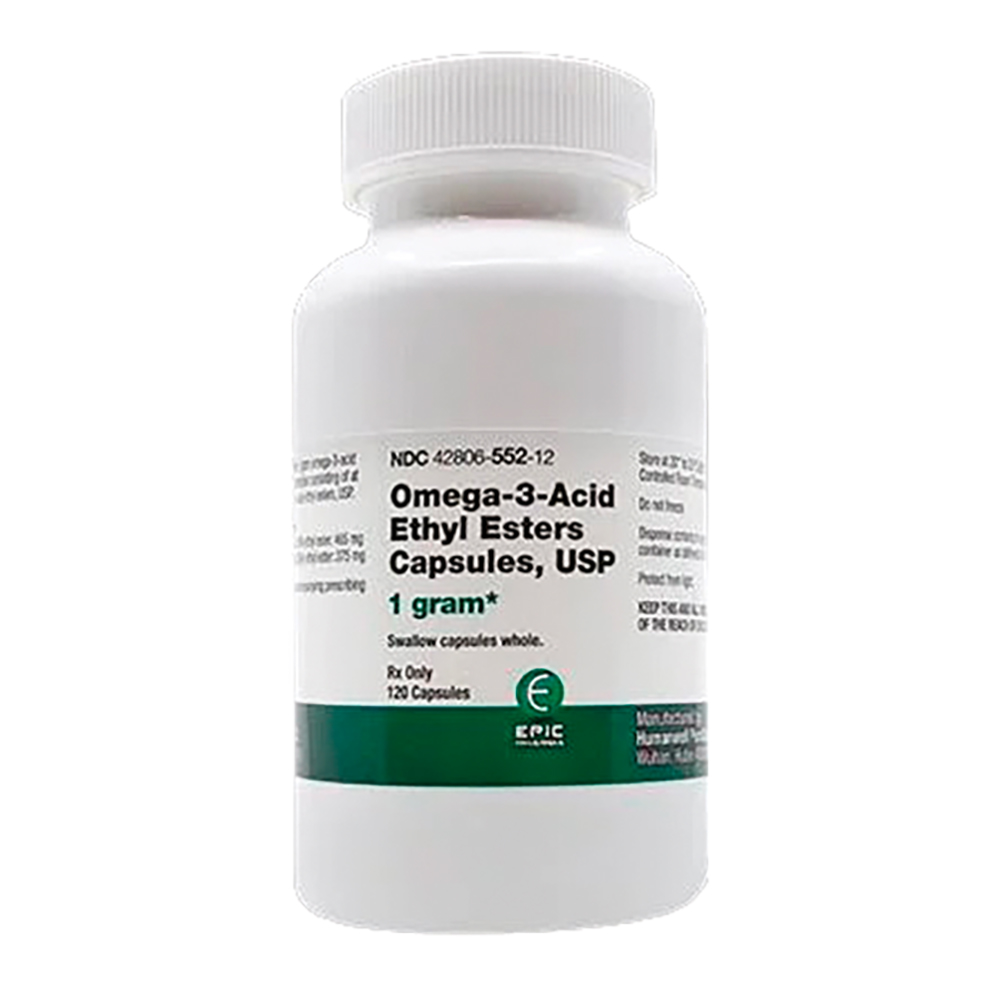
The most common question I get asked is, “Which supplements should I be taking?” While there is no one-size-fits-all answer, here are my top three recommendations:
Vitamin D: It may not come as a surprise that Vitamin D tops the list, as its deficiency affects about 70 % of Americans. With most of us spending the majority of our time indoors, our exposure to sunlight, the primary source of Vitamin D, is inadequate. Factors such as age and skin color also influence Vitamin D absorption. Sunscreen can also hinder Vitamin D absorption, but obviously it’s still essential to continue using sunscreens.
For those lacking sun exposure, a daily intake of 2,000 IU of Vitamin D3 is recommended. Vitamin D3 supplementation is preferable over D2 as it increases blood levels more effectively. The form of supplementation, whether in capsules or oil-based preparations, has minimal impact on absorption. Lab tests can determine individual Vitamin D levels and guide dosage recommendations.

Magnesium: Magnesium is a vital cofactor for the function of over 300 enzymatic processes within the body, including DNA repair and synthesis. Our bodies constantly endure low-level damage, which accumulates and necessitates repair. Repair enzymes rely on magnesium to perform their functions effectively. The recommended daily intake is approximately 300 mg for women and 400 mg for men, with physically active adults requiring roughly 10 % more to compensate for magnesium lost through sweating.
Magnesium is found at the center of a chlorophyll molecule, the molecule that gives plants their green color. As such, dark leafy greens are an excellent source of magnesium. It’s also found in legumes, almonds and oats. Supplemental magnesium is an option, with various forms available. Magnesium glycinate generally boasts best bioavailability and tolerability. Doses should be monitored, as higher doses can cause side effects, such as upset stomach. Another option, especially post exercise, is an electrolyte drink that replaces some of the lost magnesium.

Omega-3 Fatty Acid: Finally, omega-3 fatty acids deserve attention. Omega-3 fatty acids play pivotal roles in cellular functions, inflammation resolution and neuroprotection. Higher omega-3 levels are associated with improved cognitive function and cardiovascular health. In fact, a 2009 Harvard study identified low intake of omega-3s from seafood as one of the top six preventable causes of death.
There are three types of fatty acids: the plant source ALA; and two marine sources of fatty acids, EPA and DHA. While plant-based ALA can convert to EPA and DHA in the body, this conversion is inefficient. Therefore, focusing on marine sources such as fatty fish like salmon and sardines is crucial, but flax seeds, chia seeds and nuts are also helpful. Supplementation can also be beneficial, with recommended intakes ranging from 1.5 to 2 grams daily. Regular monitoring of omega-3 levels through lab tests ensures optimization.
Micronutrients are essential for metabolic processes and the proper functioning of enzymes responsible for various bodily functions, including circulation, immune response and neurotransmitter regulation. While prioritizing a diet rich in diverse whole foods is ideal, it can be challenging to achieve. Incorporating these simple yet impactful changes into your routine can significantly improve overall well-being.
Sarah R. Alter is a physician assistant with 10 years of experience in women’s healthcare. Currently, she specializes in women’s mental health and serves as an integrative medicine provider at Custom Wellness NJ.









